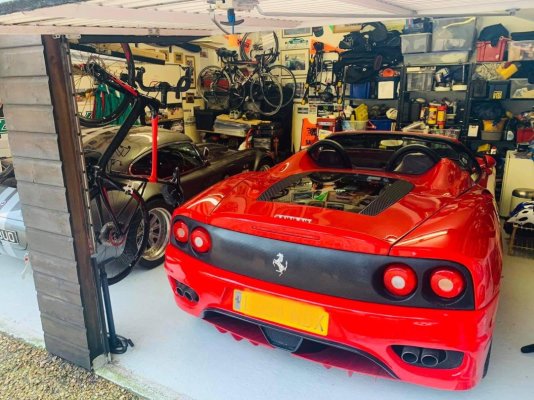Diesel cars are much cheaper to run. I have a W204 c220d six speed manual with the OM651 engine.That's not entirely accurate. The Diesel tax benefits (just like the current EV tax benefits) largely affected only cars leased on a business lease, although there was some additional minor saving on VED due to Diesel's lower CO2 emissions.
The fact it that for many years, frugal-minded people (no particular ethnicity or locality mentioned...) bought Diesel cars "because they're cheaper to run".
This fallacy carried over even when Diesels started to have Turbos, complex high-pressure fuel injection systems, and a myrad of emission control systems, making repairs potentially very expensive. Not to mention that around 10 years ago Diesel fuel actually became more expensive than petrol.
To this day, many people will still buy Diesel cars "because they're cheaper to run". This is in spite of Diesel engines becoming more complex, less reliable, and much more expensive to repair.
The last time that the idea that Diesel cars are cheaper to run was actually true, was probably somewhere in the mid-nineties.
It does around 70mpg with £20 road tax, you cannot run a petrol car as cheaply as that. It is now getting on for 100,000 miles, engine repair cost ZERO.




